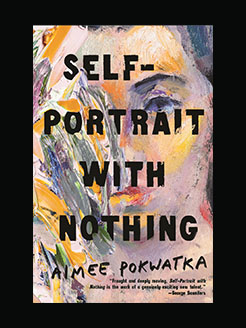Published in 1994
335 pages
Margaret Randolph Higonnet is one of the feminist academics who have fundamentally shaped the field of women’s and gender history of the First World War since the 1980s. She has published on a wide range of topics in this field, including women’s fiction, poetry and autobiographical accounts of war nurses and female soldiers, connecting these to experiences of trauma, colonial representations of the war, children’s books, and more. Trained in Comparative Literature, Higonnet combines critical methods of textual analysis and literary theories with historical approaches in interdisciplinary work. Higonnet’s distinguished career spans several decades beginning with studies in Tübingen, University College London and Yale. She has received a number of international scholarships and has held many professional offices, including a full professorship at the University of Connecticut from 1981 to 2016, where she continues as Professor Emerita. She is the editor of Nurses at the Front: Writing the Wounds of the Great War and Lines of Fire: Women Writers on World War I, among many other books.
What is this book about?
The first book to assess the impact of feminist criticism on comparative literature, Borderwork recharts the intellectual and institutional boundaries on that discipline. The seventeen essays collected here, most published for the first time, together call for the contextualization of the study of comparative literature within the areas of discourse, culture, ideology, race, and gender. Contributors: Bella Brodzki, VèVè A. Clark, Chris Cullens, Greta Gaard, Sabine Gölz, Sarah Webster Goodwin, Margaret R. Higonnet, Marianne Hirsch, Susan Sniader Lanser, Françoise Lionnet, Fedwa Malti-Douglas, Lore Metzger, Nancy K. Miller, Obioma Nnaemakea, Rajeswari Sunder Rajan, Anca Vlasopolos.







